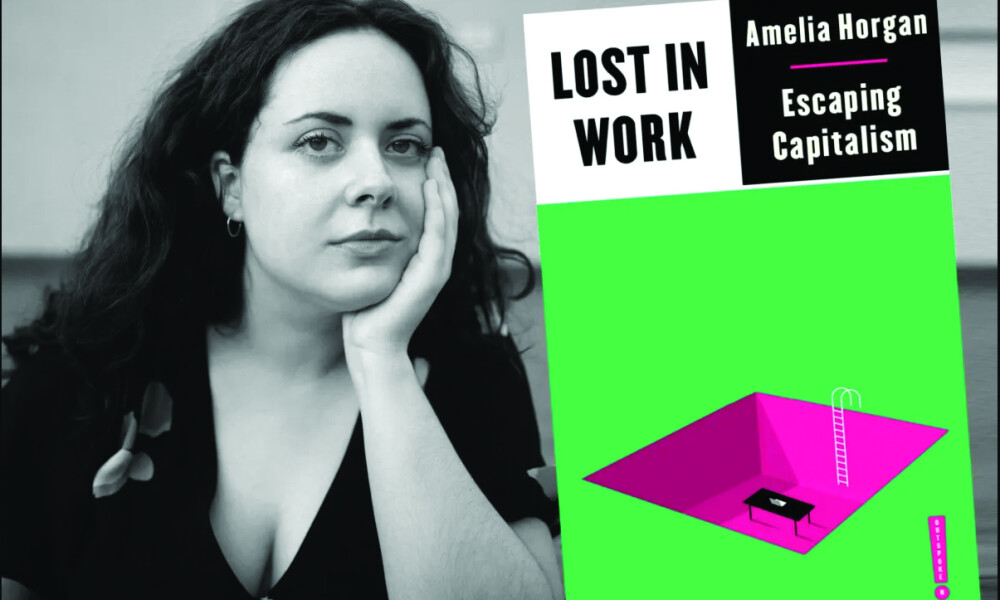In the UK, the Covid-19 pandemic shone a light on work drudgery as never before. Not just as an immutable reality but – quite literally – a matter of life and death.
This is where Amelia Horgan’s Lost in Work: Escaping Capitalism begins. In a country where the class divide was written large in the daily death toll. Where low paid health workers were expected to risk their lives for a round of applause. Where even the daily commute became a vector for disease.
Horgan rightly identifies Covid-19’s disparate effects on those in lower paid work, many of whom were forced into B.A.U as the pandemic raged, while those at the top of society were safely ensconced in their homes.
She uses this stark inequity to question the rhetoric of ‘progressively improving work’ with a nuts-andbolts introduction to why and how work under capitalism may, in fact, be getting worse.
But Horgan isn’t a pessimist and Lost In Work is an earnest attempt to alert readers to the universal harms of capitalism.
In it, Horgan takes aim at the gig economy, zero-hours contracts, and bogus self-employment, while expanding the terms of what we think of as work, all to encourage readers to view their disaffection and atomisation as a societal ill, the only cure for which is collective action.
Some may find sections of the book well-trodden. But Horgan is a journalist, not a unionist, and her book is for the many, not the few.
Horgan is at her best when she’s sacrificing the union movement’s sacred cows.
She argues persuasively against the valorisation of work within the labour movement which, for her, plays into the capitalist narrative of ‘good jobs’ and ‘bad jobs’. Only the latter – society dictates – should be met with fair pay and conditions.
Instead, Horgan argues, unions must look outwards from their sectors and occupations, improving pay and conditions for jobs at the bottom of the ladder, while building enclaves of working-class power away from work.
Only then can we shelter our collective weight from the volatile winds of crisis capitalism. Horgan may be optimistic, but there is no denying a storm is on its way.
